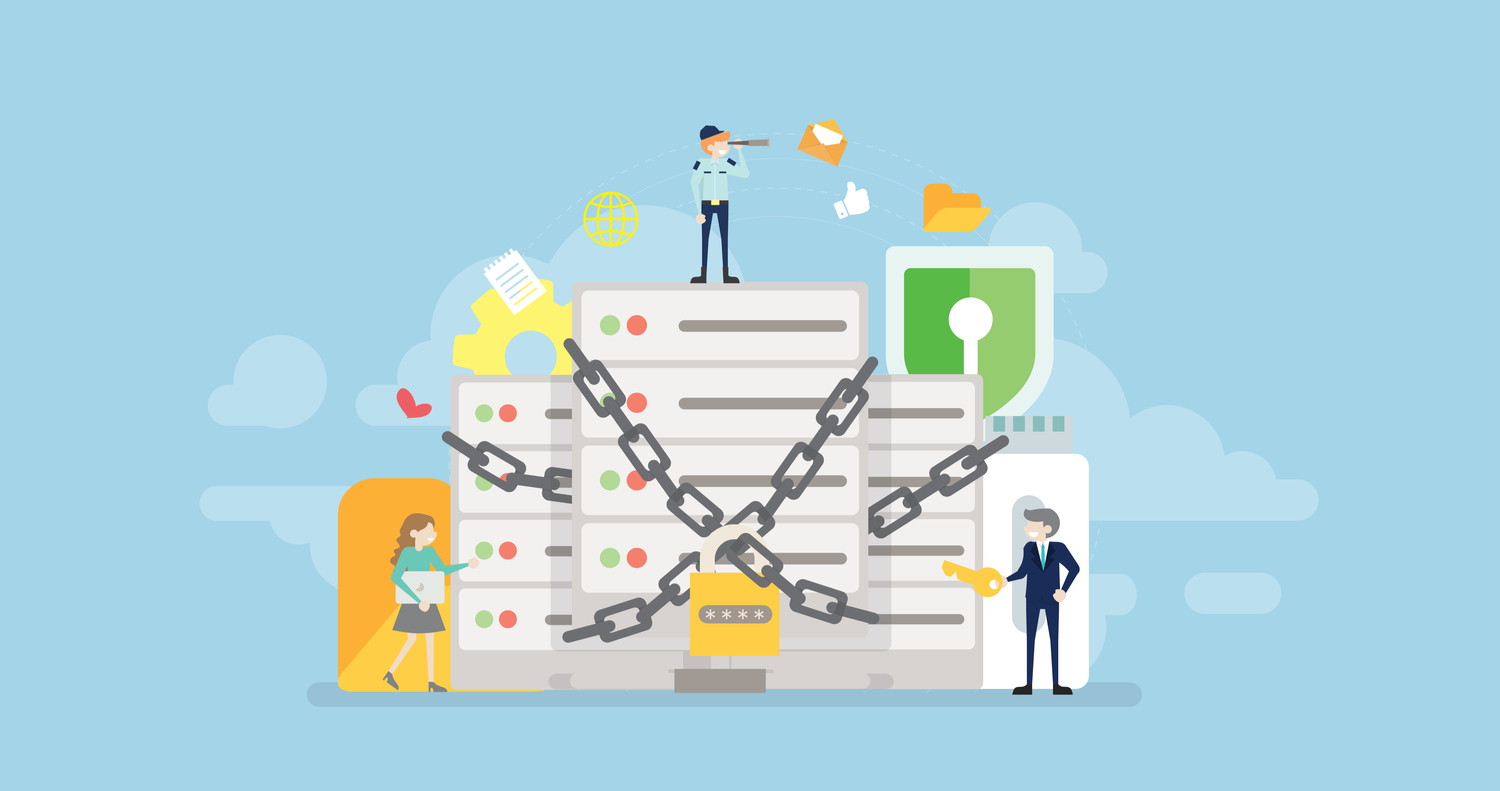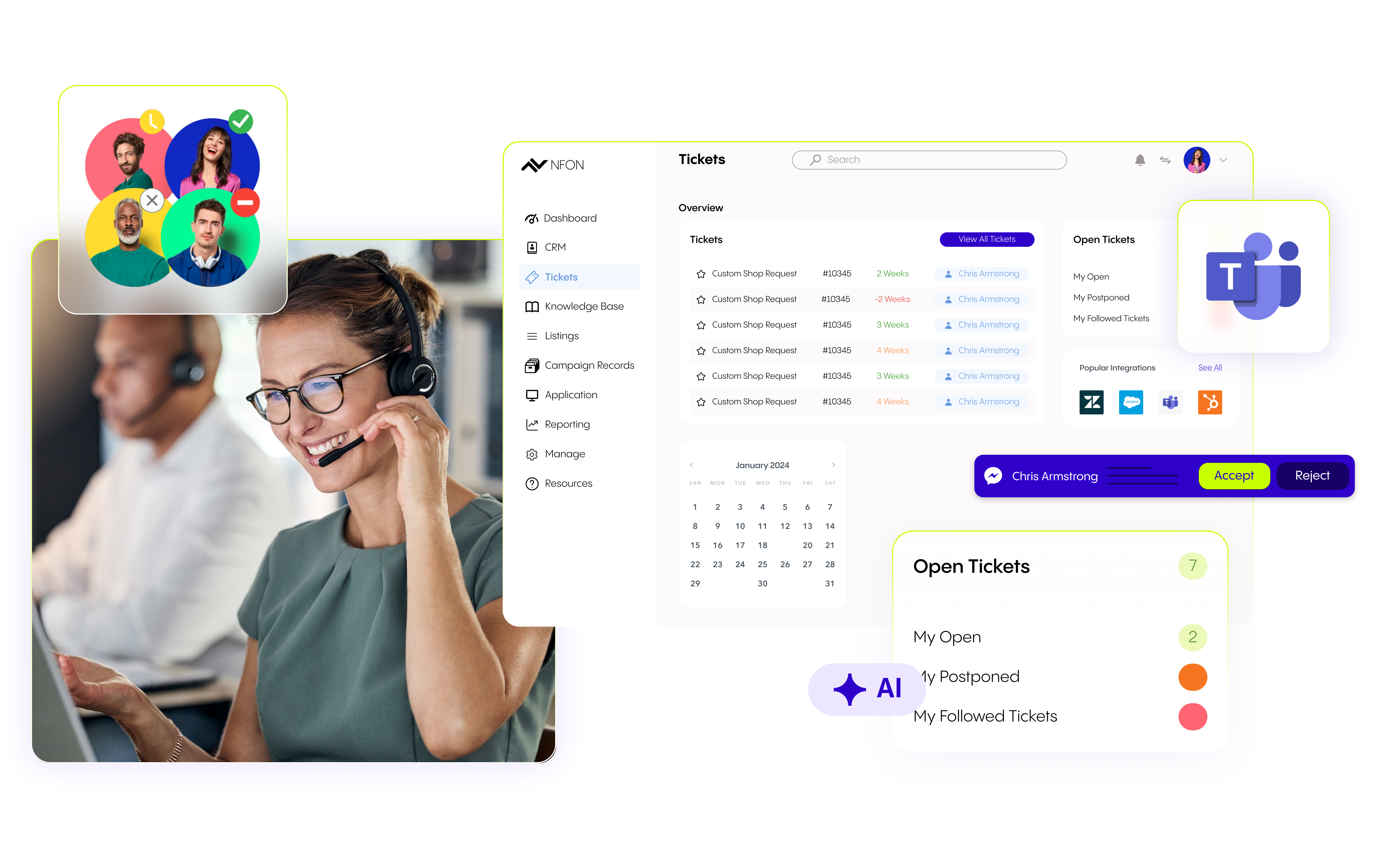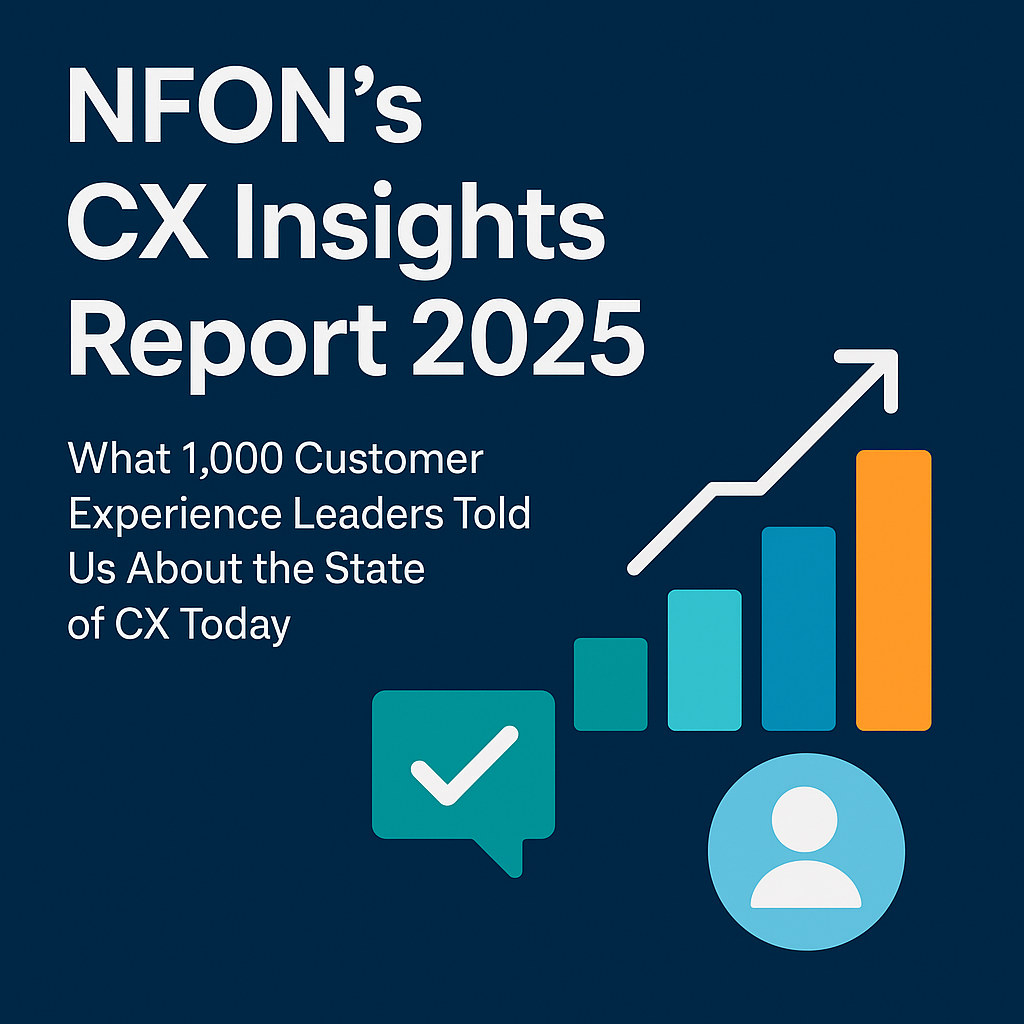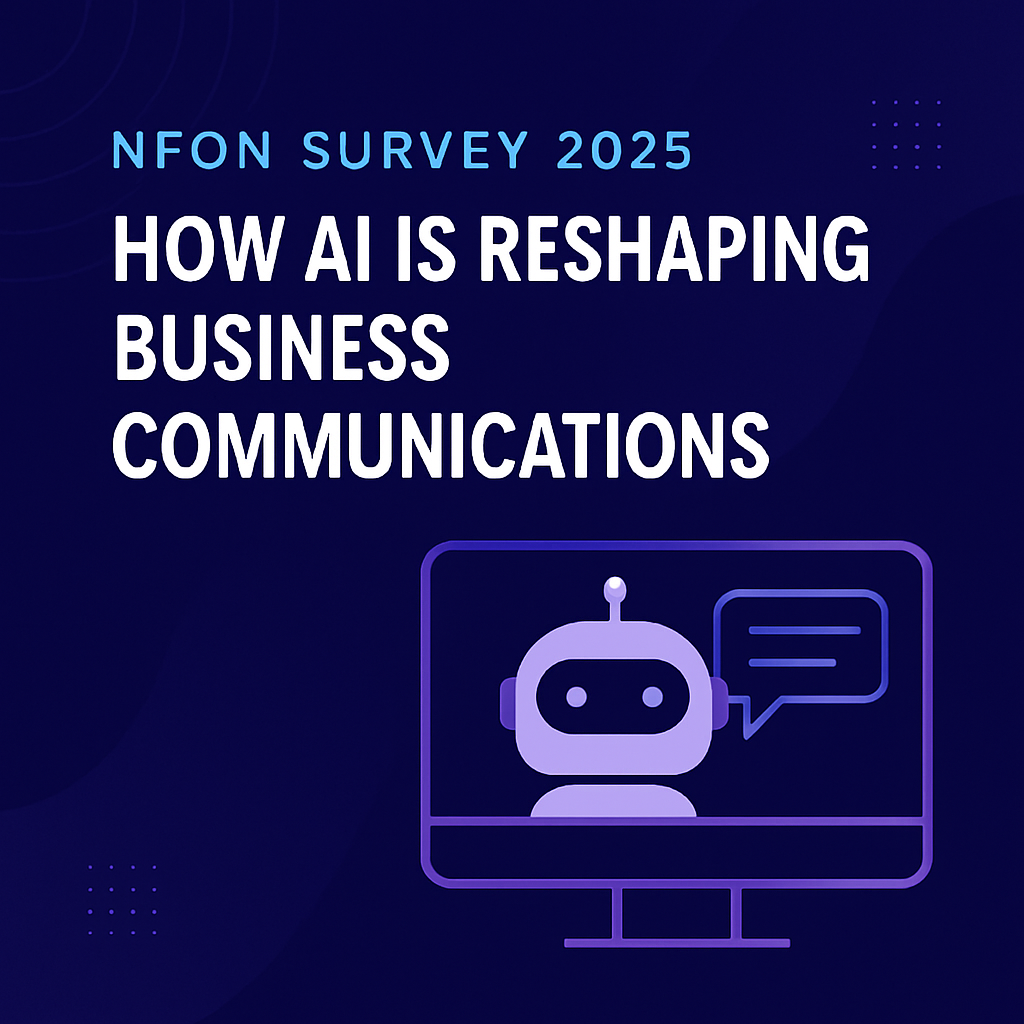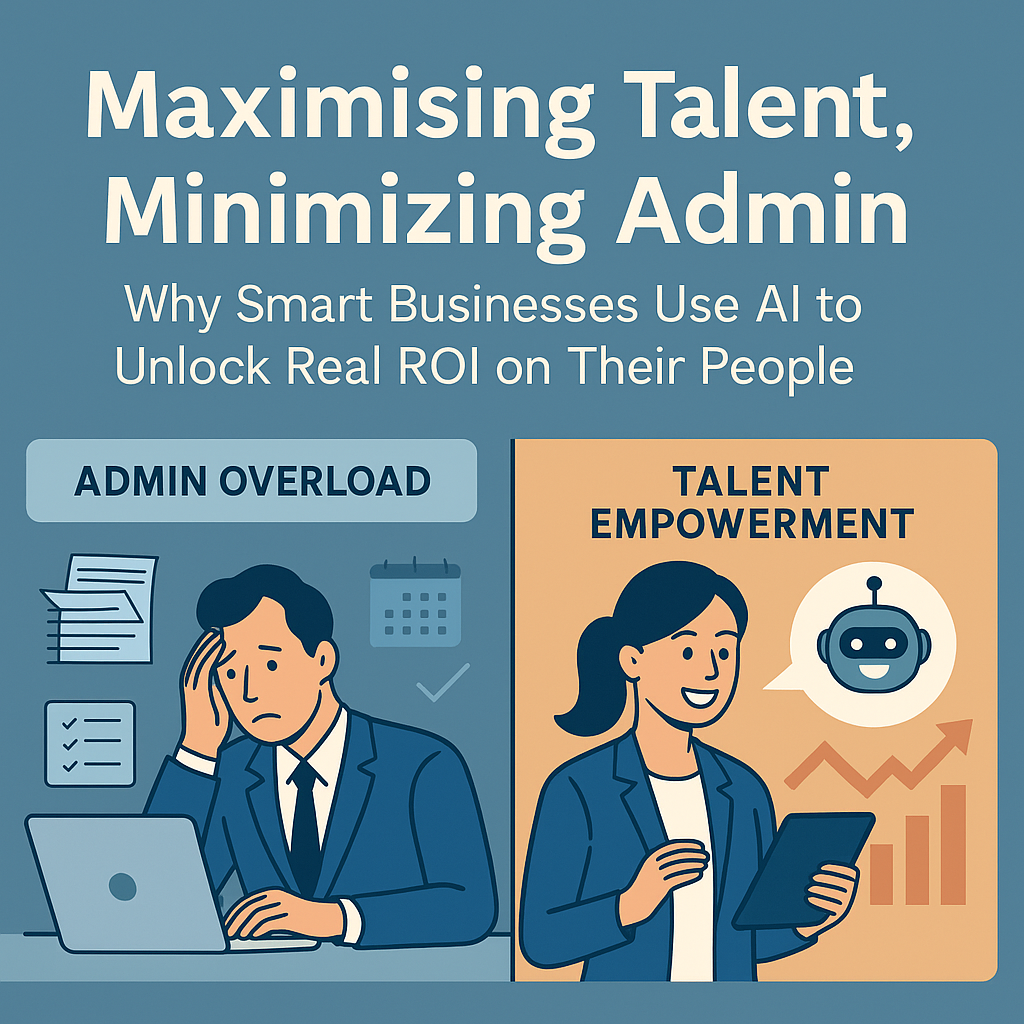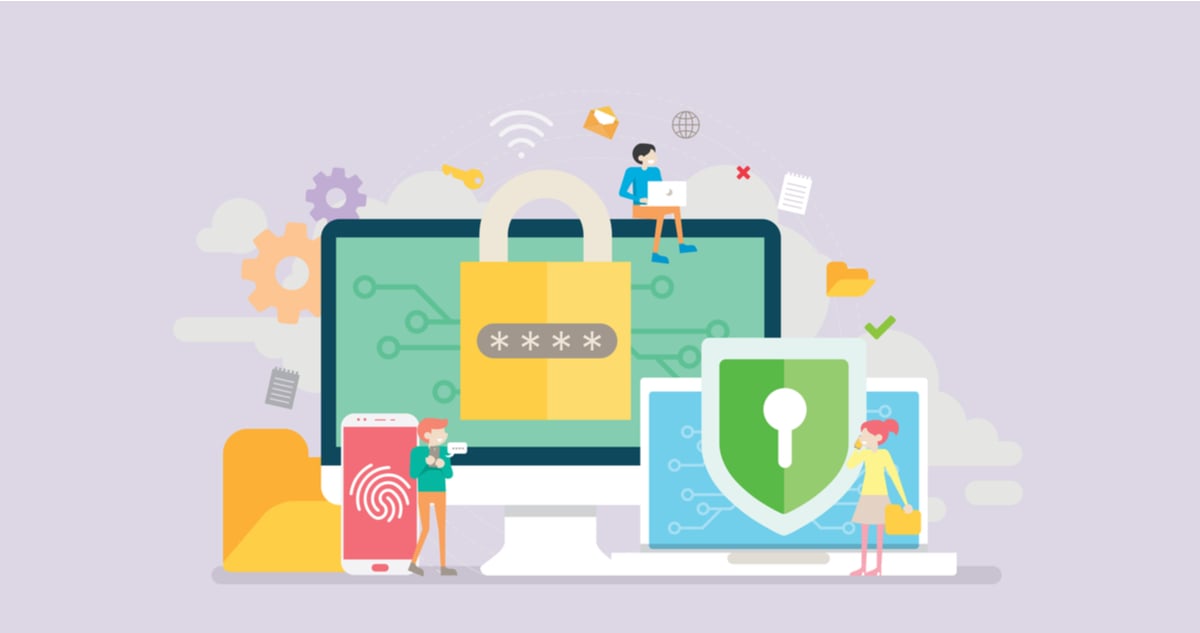For businesses that use a Voice over Internet Protocol (VoIP) system, data centres are the cornerstone of their communications, supporting telephony provision in numerous ways.
From maintaining service and connection quality, to processing and protecting high volumes of voice data.
As the ISDN Switch Off nears closer and closer to completion, cloud-driven communications will slowly become the norm for most if not all businesses.
That means more businesses than ever will be relying on data centres every day – to support their communications and safeguard their information.
And in order for them to do this effectively, data centre security is vital.
Read on to learn why data centre security matters, and how to assess whether your provider's level of security is sufficient for your business communications.
Data breaches are costly
According to the Cost of a Data Breach study curated by IBM and Ponemon, a data breach will cost the average UK business £2.8 million.
And the interesting thing about this number is that a lot of it isn’t even down to such things as fraud, extortion or cyber theft.
What makes data breaches so costly is the regulatory fines, reputational damage and loss of business that often come afterwards.
That is why it is vital that breaches are prevented at all costs.
Data centres are significantly less vulnerable to data breaches than in-house teams – where human error is one of the greatest threats to data security.
But breaches can still occur for off-site centres if security is not sufficient, or if the right measures and response plans are not in place.
Business like Yahoo, Target and Marriott Hotels have all been subjected to significant data breaches in the past which cost millions.
All of them could have been prevented by rudimentary security measures.
Preventing downtime
Most data centres offer businesses significantly better call quality, and more reliable connectivity than they would achieve with a hardware-based phone system kept on site.
But even with the high-performance benefits that data centres have to offer, outages, disruptions, and unforeseen catastrophes can and will happen.
And when they do, the right data centre security fail safes and recovery protocols are vital to ensuring your communications stay up and running.
Power failures, fires, tornados, and earthquakes might sound extreme or rare, but they are risks that your service must be protected against in order to maximise uptime.
Network downtime is the last thing you want if you are on an important call looking to secure a deal, or attempting to resolve a query for a key long-term client.
Check out our complete guide to Data Security for Business Telephone Systems
Geo redundancy keeps you connected
The best telephony services are supported by multiple data centres in different locations – or a geo redundant infrastructure.
This enables close to 100% uptime, safeguarding your connection and performance against any risk, no matter how severe.
In the event of an outage or some unexpected disaster or disruption, the data and service being provided can simply failover to a secondary data, keeping everything connected fully functional.
Cloudya uses geo redundancy to keep communications running no matter what
Assessing data centre security
So, how can businesses assess the security level of the data centre (or centres) managing their telephone service?
The Telecommunications Infrastructure Standards for Data Centres (TIA-942-A) lays out four different tiers of security, with Tier 4 being the most secure.
With such requirements as camera surveillance to all areas and 24/7 security staffing and patrols, Tier 4 data centres are by far the most desirable for organisations who want to know that their communications performance, service availability and data security are safe.
For more information on the TIA-942-A standards, and the requirements of each different tier, take a look at this blog by SCC.
There are also a number of other accreditation standards for secure business processes that
The best data centres will also hold other accreditation standards for secure business processes, here are the main ones to look out for…
ISO 9001 – Quality Management System
ISO 20000 – IT Service Management Processes
ISO 22301 – Business Continuity Management
ISO 27001 – Information Security Management
Why data centre security matters to your business: Key Takeaways
As more businesses migrate to cloud-based telephony services leading up to and following the ISDN Switch Off, data centres will become a core operational component of many more businesses.
It’s therefore vital that businesses understand data security, why it is important for the protection of their business, and what are the hallmarks of high-level data centre security that they should look for when partnering with a cloud telephony provider.
- Data breaches often lead to millions of pounds in losses, fines and reputational wreckage. It is important that data centres have the staff, training and internal practices to prevent them at all costs.
- Data centres are also responsible for keeping cloud-hosted services up and running, so they need the right security fail safes and disaster recovery methods to ensure businesses like yours don’t experience downtime, and don’t lose available data.
- Data centres with geo redundant architecture are able to ensure close to 100% uptime by failing over to secondary centres in other locations.
- According to the TIA-942-A standards of data security, there are four tiers of data centre security, with Tier 4 representing the highest level of security.
